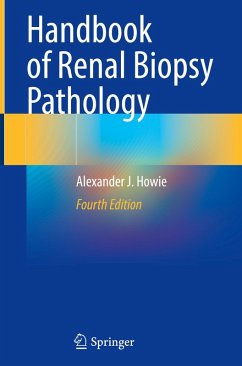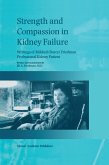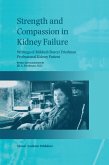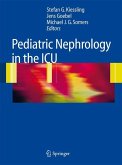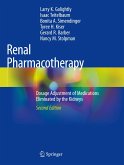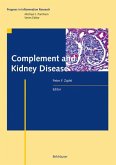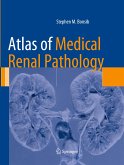This updated new edition provides a short, clear, and useful guide to the findings in renal biopsy specimens. The book shows how a diagnosis can be reached, and what clinically significant and helpful information should be reported on a specimen. Each chapter has been updated to incorporate recent advances, with current terminology and information about newly recognized conditions. The latest classification systems and their practical application are also included.
Handbook of Renal Biopsy Pathology shows readers how the diagnosis can be made from the clinical indication for the biopsy and interpretation of changes in the specimen. The book is a guide to the differentiation between possible diagnoses, and includes information about eponyms and the origins of words, the pronunciation of names, and a mention of famous people who have had renal disorders. The book is a useful resource for trainee and practicing pathologists and nephrologists, as well as other healthcare professionals specialising in renal disorders, such as transplant surgeons, dialysis and transplant nurses, pharmacists, and medical students.
Handbook of Renal Biopsy Pathology shows readers how the diagnosis can be made from the clinical indication for the biopsy and interpretation of changes in the specimen. The book is a guide to the differentiation between possible diagnoses, and includes information about eponyms and the origins of words, the pronunciation of names, and a mention of famous people who have had renal disorders. The book is a useful resource for trainee and practicing pathologists and nephrologists, as well as other healthcare professionals specialising in renal disorders, such as transplant surgeons, dialysis and transplant nurses, pharmacists, and medical students.

